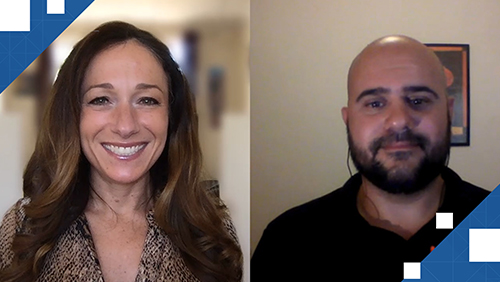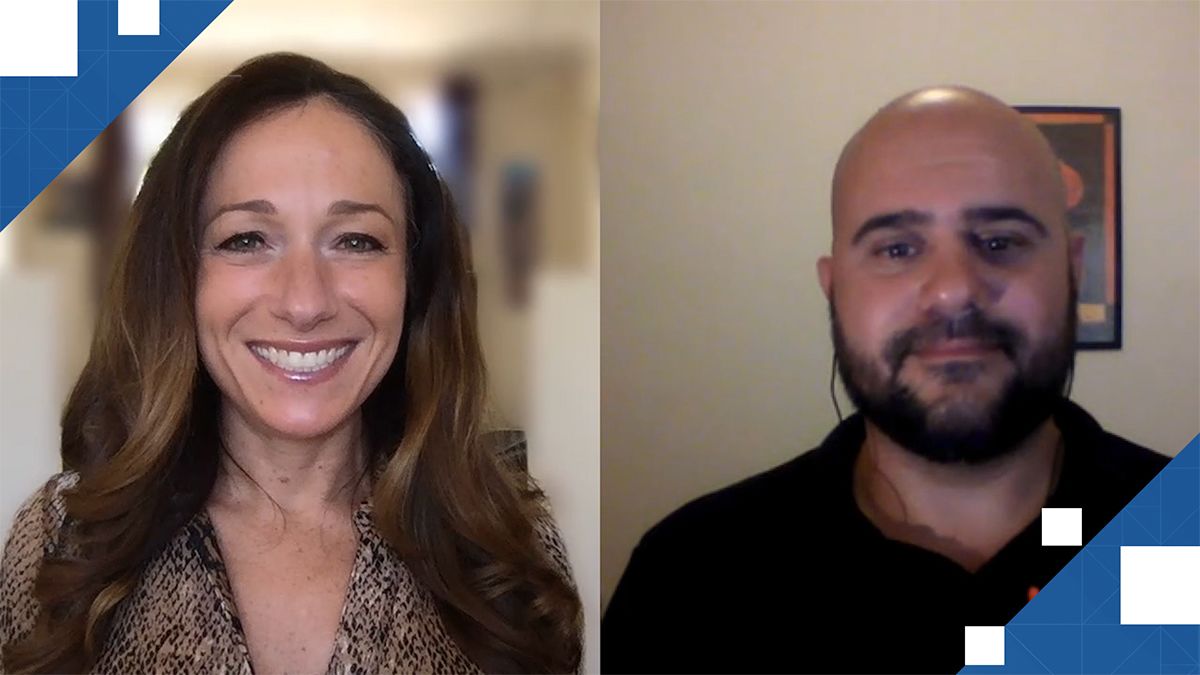
The Richmond Foundation has been an invaluable resource for mental health since 1993, and as its located in Malta, an important touchpoint for the gambling industry. To get a better understanding of how this pandemic has affected the sector mentally, and get some tips on how to manage it better, Becky Liggero Fontana spoke with Dragan Donkov of the Manager Learning and Development Team.
With so many people working remotely, Liggero Fontana began by asking how managers can look for signs that employees might be in trouble with their mental health. “What we notice is, the first thing we see a change from what was in the past,” he said. “We can see things like reduced productivity, the person is feeling overwhelmed with simple tasks, there’s lack of motivation, and when they participate in in team meetings or individual meetings, they’re not really looking forward for things to happen. They feel a bit helpless and you can’t see any signs of hope. You see the lack of energy they would present, some people are going to have pure physical experiences, like complaining they have pain, because even during stress and depression and mental illnesses there quite a lot of physical symptoms that we notice. I mean, very often mental illnesses are diagnosed through physical experiences than the psychological experiences are coming into place. They would change the way how they appeared, the way they come, and they can say, ‘I sleep late, I can’t find a routine.’ They might share that they’re drinking a bit more wine just to relax. So alcohol becomes as a way of relaxation and spending time and dealing with problems. So the quite small things that you need to pick up from your interaction with your colleagues and employees. One symptom might not be enough, in in this case.”
There are ways to mitigate the potential of these problems cropping up, but it might require a bit of diligence, and a lot of communication. “The companies needs to look into how to increase the way how people socialize as much as they can, even like by organizing individual reach outs for people that they think potentially will be alone,” he said. “When we’re talking about HR, most of the HR people know who is alone in the country, who has lack of support, especially like we’re talking about expats, being in other countries.”
Donkov applies several techniques with his own team to ensure they aren’t burning out during this difficult time. “What I do for example as a manager, because apart from going on conferences and teaching people, my work is also related to manage a team, I make sure that people stop working at a particular time, that people have enough breaks during the day, I make sure that every time when I come to work, what we call work now, I come decently dressed,” he said. “So I am dressed for work, and most of my team, that’s how they come now, they put a shirt or, you know, dress as if we’re going to meet some people. And I make sure that they don’t stay late and they don’t send emails after working time. We have our flexibility, so we’re not like finishing at 4 o’clock exactly, but you can join a bit late, but then the first thing in the day is our team meeting, where we discuss what’s going to happen.
But as the Richmond Foundation’s purpose is to help others, he’s shared these tips with others. “I had the same conversation with the HR team of a very big international pharmaceutical company,” he said. “They were asking what would how do you see things to happen, and what I told them is know your employees better. Make sure that you collect as much as possible data for the personal situations of your employees. You can do this through your management or through a survey you can introduce. Make sure that you have different categories of employees, you know, parents who have to come back to work and the children probably still not going to school. Be as flexible as you can with what the limitation of your businesses.”
Donkov discusses some more specific examples of how he applies these techniques in his own office, and how to stay sane during this pandemic. Check out the entire video above to see the entire discussion, and subscribe to the CalvinAyre.com YouTube channel.
